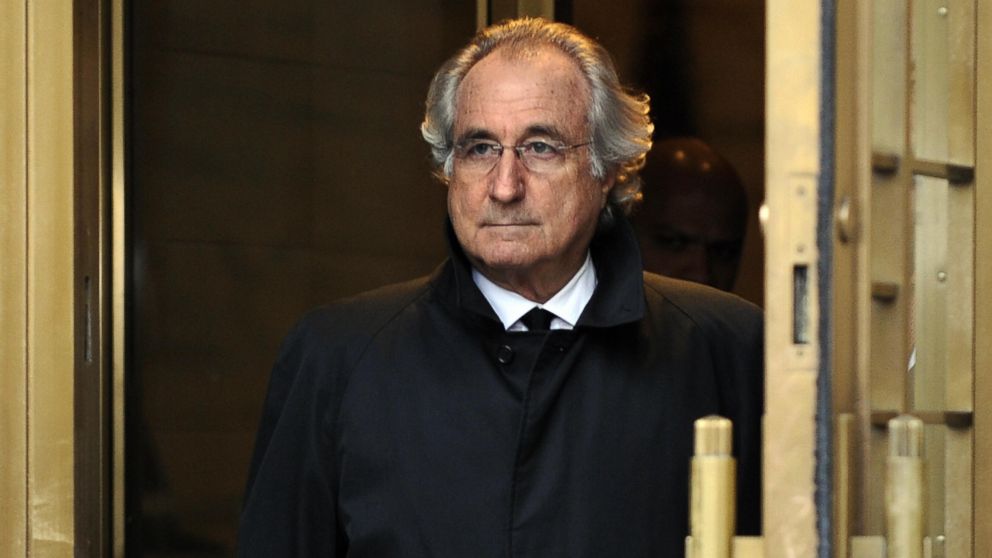Bernie Madoff Aide May Have Been Duped by Psychopath, Lawyer Says
Madoff aide's lawyer says working for a psychopath blurs sense of right, wrong.

Feb. 10, 2014 -- Bernard Madoff: psychopath?
That's one of the questions expected to be asked this week in a Manhattan federal court when lawyers begin the defense of five former aides to the jailed Ponzi schemer, including Daniel Bonventre, former head of Madoff's back-office operations. One witness that the defense wants to call to the stand is Paul Babiak, Ph.D., described by Bonventre's attorney as a world authority on psychopaths in the workplace.
Bonventre and four other former Madoff colleagues stand accused by the government of having participated in Madoff's $17 billion swindle, for which Madoff is now serving a 150-year prison sentence in North Carolina. At issue is whether they were duped by Madoff or knew they were helping to perpetrate a crime.
Babiak, a licensed psychologist, is co-author with psychologist Robert Hare of "Snakes in Suits: When Psychopaths Go to Work."
Bonventre's attorney, Andrew Frisch, wrote in a court filing last week that Babiak has studied corporate psychopaths extensively. His expertise includes the ability of psychopaths to deceive and manipulate those around them, Frisch wrote in the filing. "If Dr. Babiak is called to testify, we expect him to say in substance that Mr. Madoff's conduct is consistent with that of a corporate psychopath." Frisch wrote.
Bernie Madoff's 7 deadliest lies
According to Frisch, Babiak's research shows that the more time an employee spends with a psychopathic boss, the greater the employees' vulnerability to being duped and "the greater the likelihood [the employee] will buy into the con and accept the psychopath's legitimacy."So, was Bonventre conned? Did he believe in Madoff's legitimacy? Those are questions Babiak could address -- that is, if he were allowed to testify. The prosecution would just as soon that he did not.
Assistant U.S. Attorney Matthew Schwartz wrote to the judge last week, arguing that Babiak's testimony should not be allowed. "He is not competent to diagnose a man he never met," wrote Schwartz. "His testimony about Mr. Madoff's skills as a liar say nothing about whether Mr. Bonventre was either lied to or fooled." There is no evidence, Schwartz contends, that Madoff ever lied to or manipulated Bonventre.
It remains for judge Laura Taylor Swain to decide whether Babiak can testify or not.
Asked for comment by ABC News, Babiak declined; Bonventre's attorney, Frisch, also declined.
Babiak's co-author Hare is the creator of the Hare Psychopath Checklist, a widely-used tool for assessing psychopathy. It assigns a numerical score to a person for each of 20 traits, including "glib and superficial charm," "need for stimulation" and "parasitic lifestyle." Score high enough, and you are a psychopath.
On his website, Hare says that in 2010 he studied a group of 203 corporate professionals. Four percent of them, he found, fit the clinical definition of being psychopaths. The study, he points out, was not based on a representative sample, so it cannot be applied to the worlds of business or high finance in general.
However, says Hare, while it may not currently be possible to say how many psychopaths are working on Wall Street, the number might be greater than 4 percent, "on the assumption that psychopathic entrepreneurs and risk-takers tend to gravitate toward financial watering-holes, particularly those that are enormously lucrative and poorly regulated."




